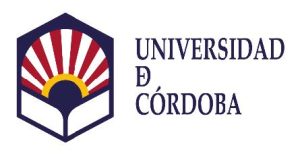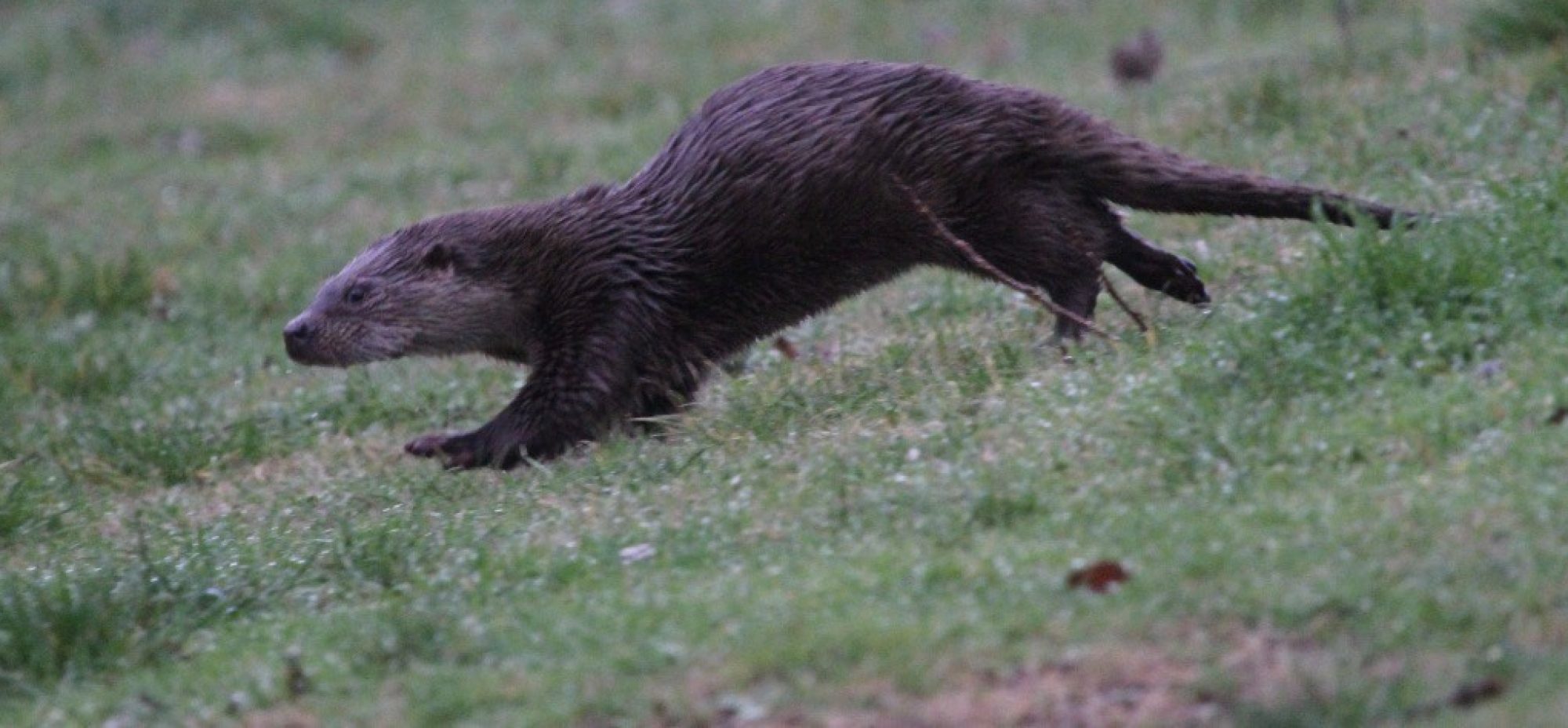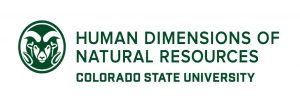Co-Hosts


instituto de estudios sociales avanzados – Consejo superior de investigaciones cientificas
The Institute for Advanced Social Studies (IESA) conducts research activities in the field of social science. From an institutional standpoint, the IESA belongs to Spanish Research Council (CSIC) and is integrated into the Society Global Area, even though it develops research work from an interdisciplinary point of view.
IESA is committed to the ongoing innovation of its work methodology, substantive guidance of its research, and the profile of its audience, always with a view to maximizing both the strictly scientific impact and the widest social impact of the knowledge generated.
The IESA focuses its scientific interest on four research groups: 1) Challenges of contemporary democracies 2) Social identity, subjective well-being, and behavior; 3) Sociology of innovation; and 4) Territory, Agriculture, Environment and Sustainability (TRAMAS). The researchers within TRAMAS address the processes of change affecting territory and development, and follow three different but converging thematic priorities: 1) Dynamics of rural transformation, 2) Agriculture and rural development, and 3) Human dimension of nature, landscape, and environment.

University of cordoba
The University of Córdoba (UCO) is a public academic and scientific institution with two centuries of history. Its youth and its average size (the UCO has 21,000 students, just over 1,200 professors and 700 administration and service workers) have given it the necessary dynamism to gradually adapt and enter the 21st century as a University of high teaching quality and proven scientific solvency. It has centuries-old studies such as those of Veterinary Medicine, unique in Andalusia. UCO’s studies range from Humanities and Legal-Social Sciences to Health Sciences and scientific-technical careers (the agri-food, scientific and technical).
The Department of Specific Didactics is constituted from the fusion of two departments: The Department of Social and Experimental Sciences and the Department of Artistic and Corporal Education. Associated to this department is the research group in Didactics of Experimental and Social Sciences of multidisciplinary character and with lines of research in experimental sciences, social sciences and environment. Likewise, in 2019 the Associated Unit “Society, Ecology and Environment” was formed between faculty of this department and researchers of the TRAMAS (IESA-CSIC). The main objective of this Unit is the integrative study of the processes that affect wildlife, the natural environment, and the human dimension as a fundamental component of all environmental management decisions.
The Department of Social Sciences is currently made up of seven areas of knowledge: Regional Geographic Analysis, Social Anthropology, Philosophy, Moral Philosophy, Human Geography, Sociology and Translation and Interpretation. Develops its activity in different centers: Faculty of Philosophy and Letters, Faculty of Sciences, Faculty of Education Sciences, Faculty of Labor Sciences, Faculty of Law and Economic and Business Sciences, and the Higher Technical School of Agricultural and Forestry Engineers, as well as in the Institute of Graduate Studies.
The Department of Human Dimensions of Natural Resources (HDNR) at Colorado State University is positioned to meet complex challenges of natural resource management with a growing global population. We do this through understanding and attending to the needs and values of humans, human society and culture as they relate to the conservation and enjoyment of the natural environment. It is HDNR’s mission to empower people to explore and sustain their world. With HDNR’s belief in integrity, impact, diversity, innovation, sustainability and well-being, the vision of the department to re-imagine learning and discovery to benefit both people and the natural world. The Department offers an MS and PhD in Human Dimensions of Natural Resources, an MS in Tourism Management, and an MS in Conservation Leadership; as well as a graduate certificate in Communications for Conservation.

